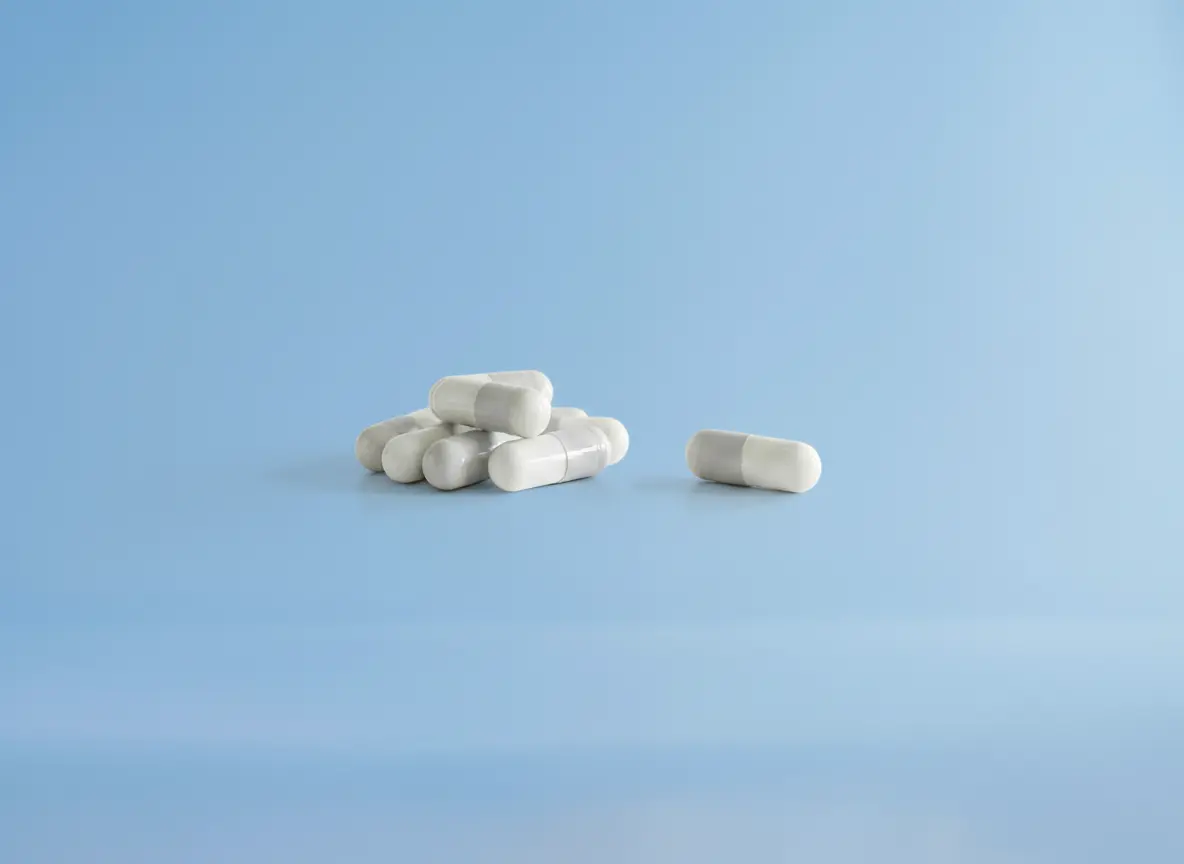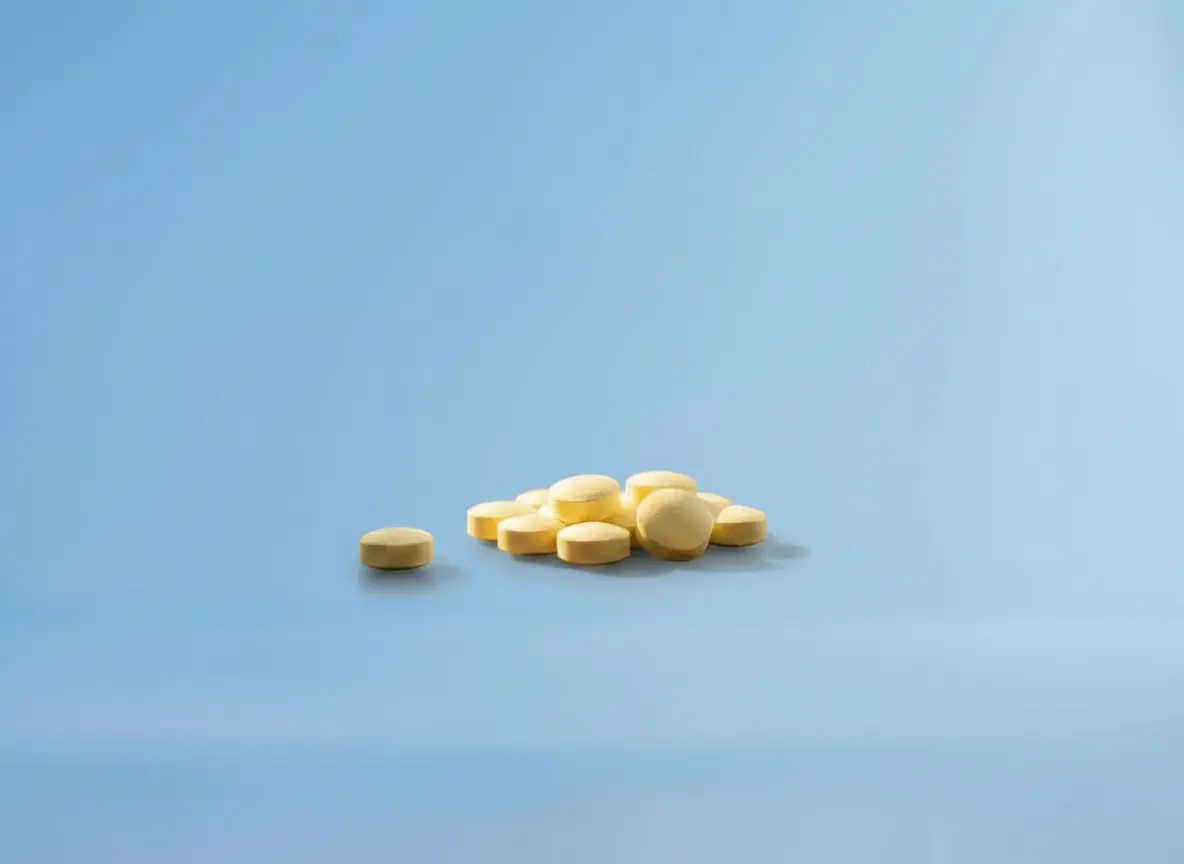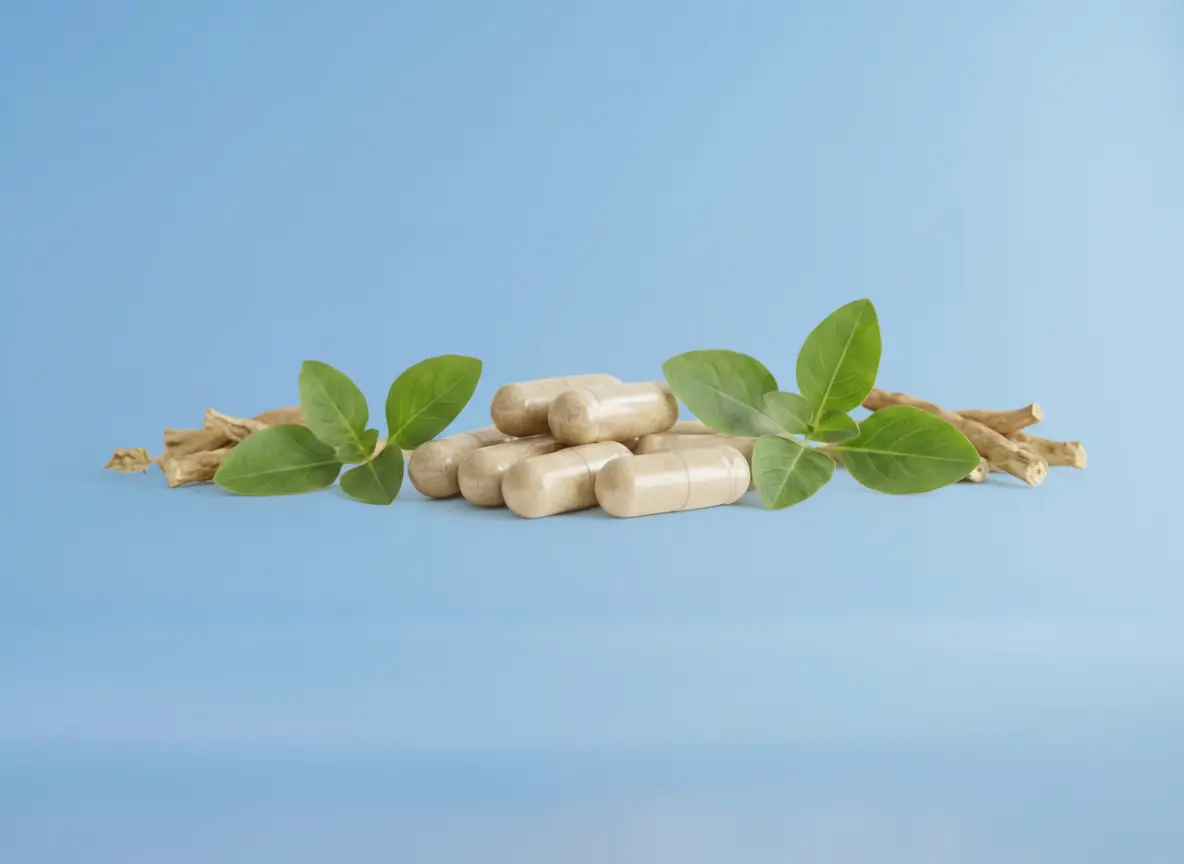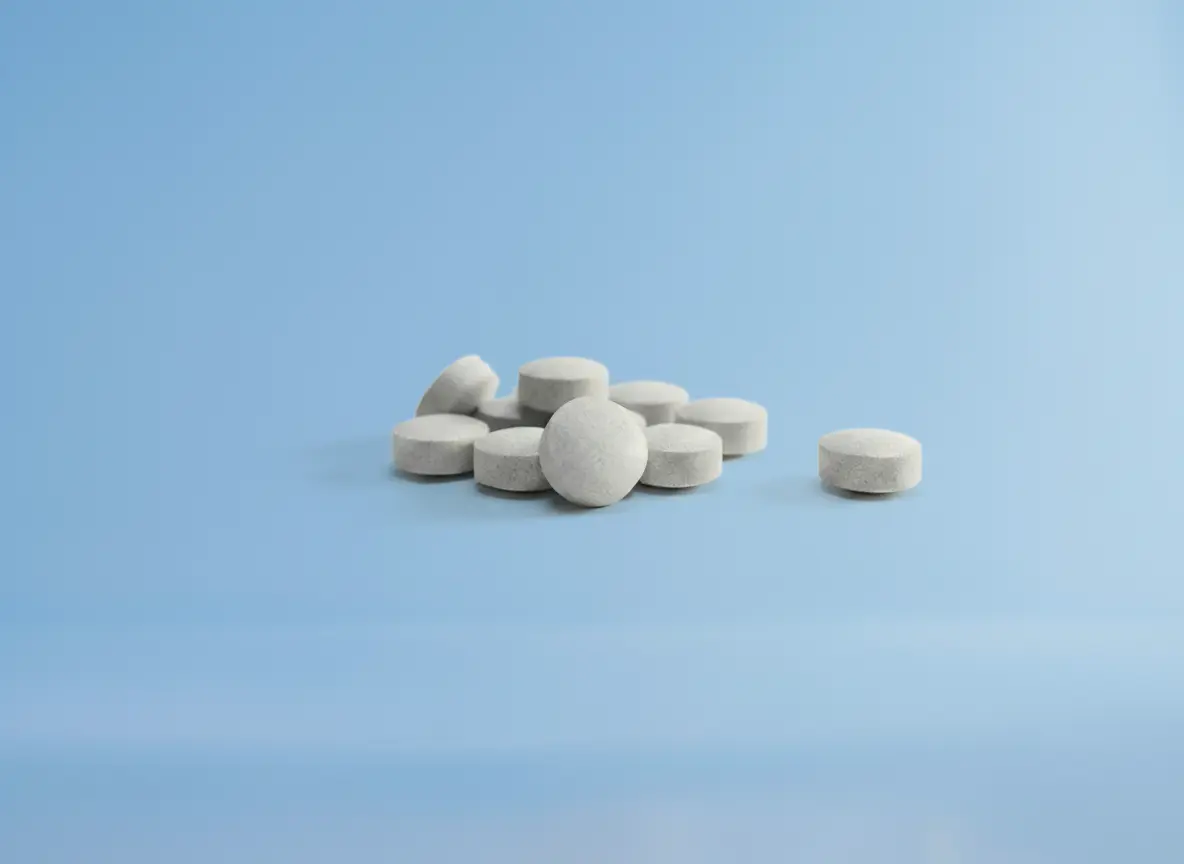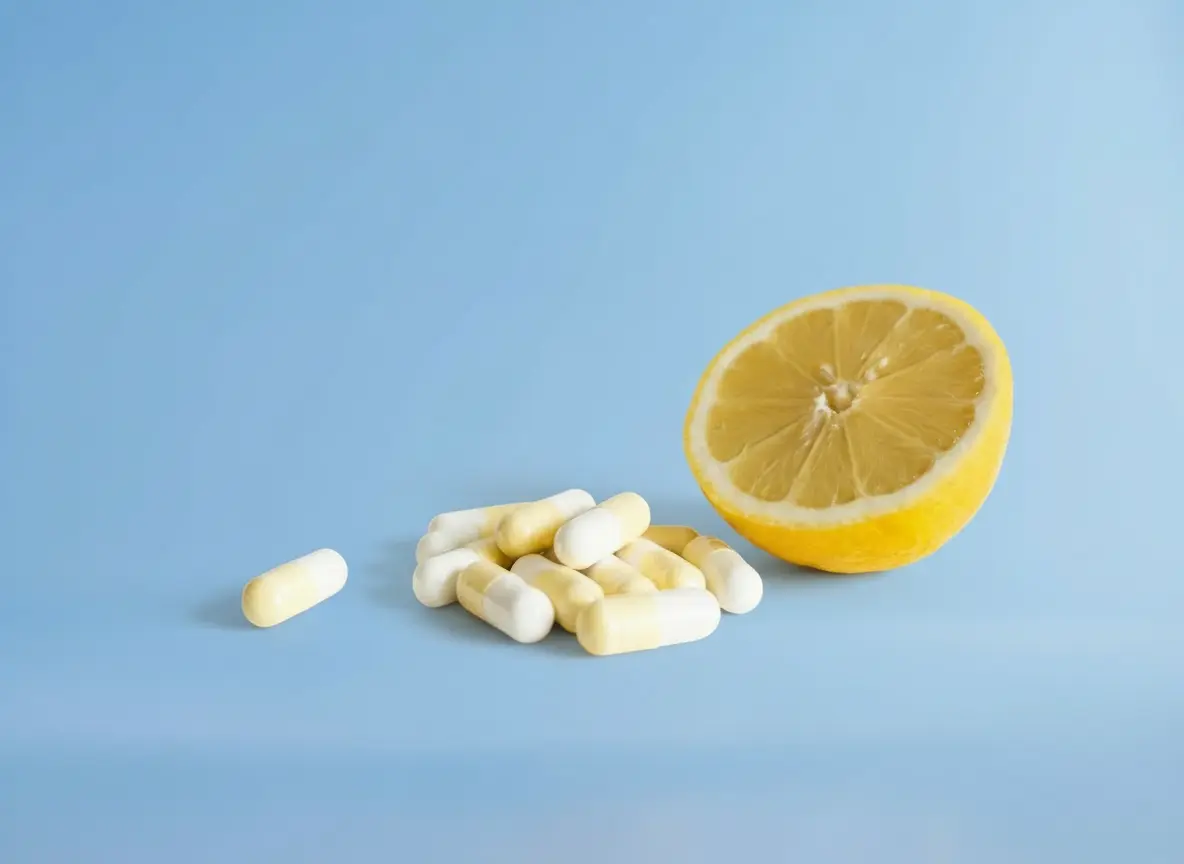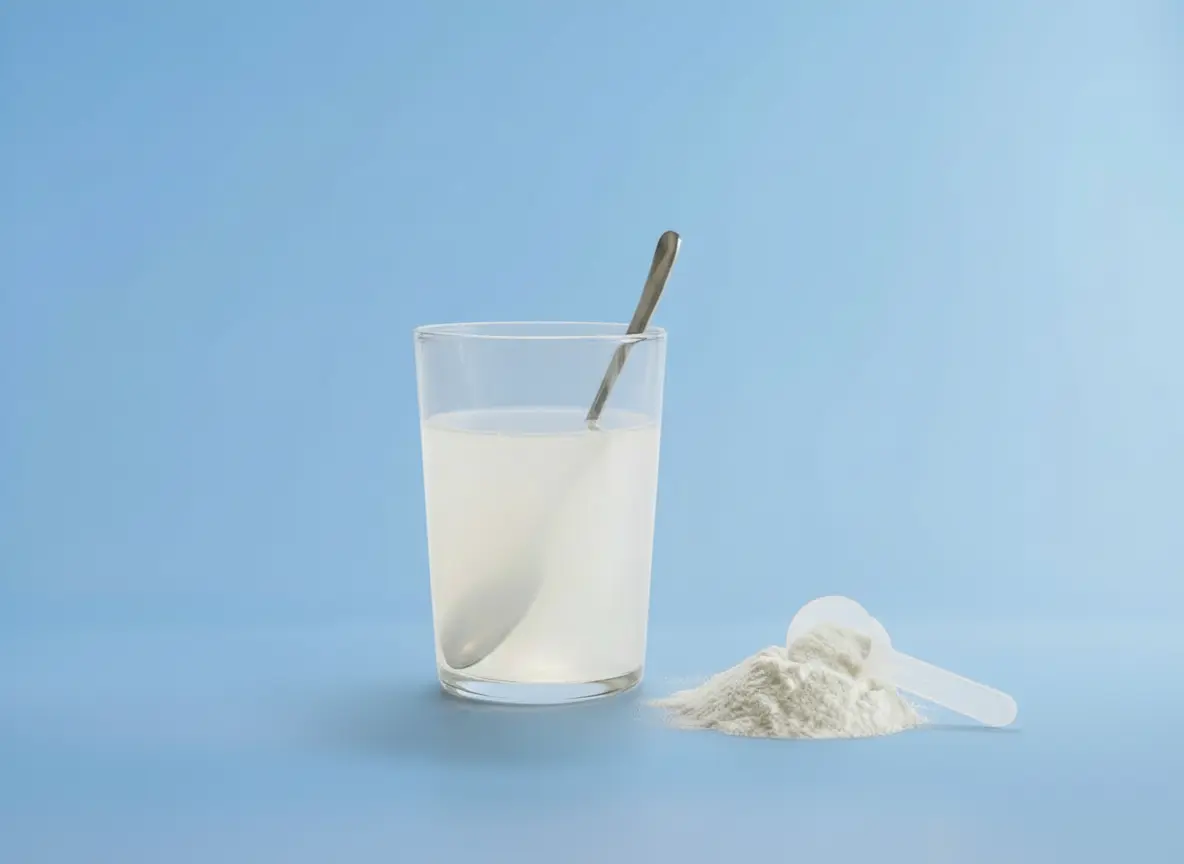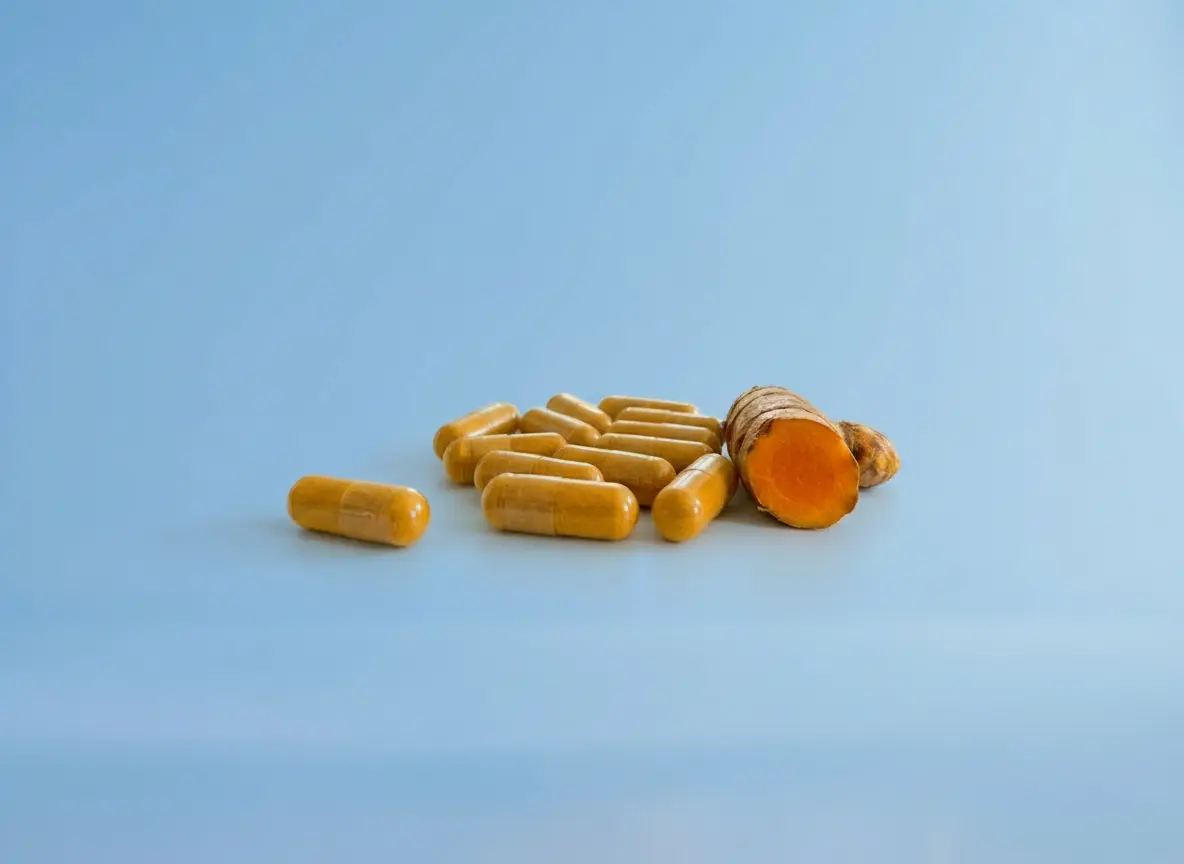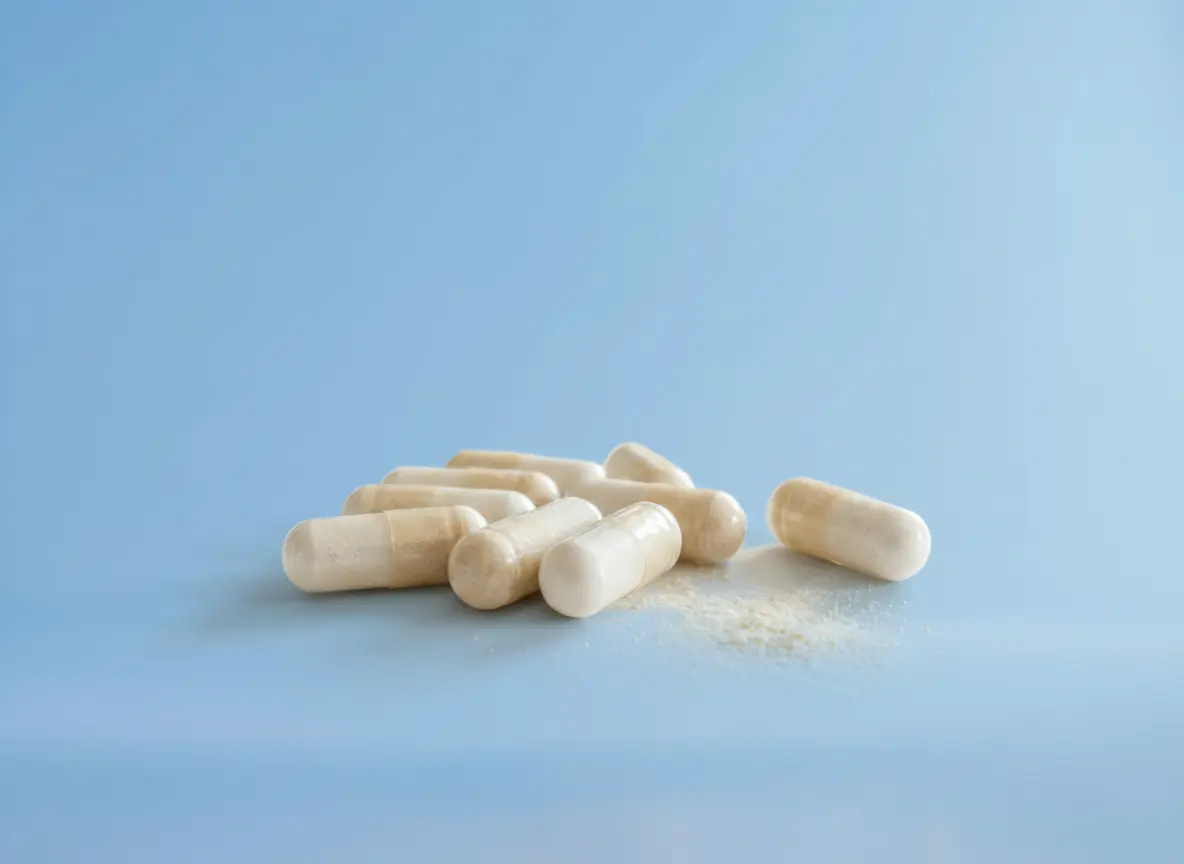Price Comparison: Vitamin C
Vitamin C Overview: Discover the Best Deals
Products
1. Bodybuilding Warehouse
Vitamin C (1000g)
Mo. 09.03.
approx. at yoursFree
from £ 49In Cart
enter2. Bulk
Vitamin C (500g)
Mo. 09.03.
approx. at yoursFree
from £ 39In Cart
enter3. Myprotein
Vitamin C (60 capsules)
Mo. 09.03.
approx. at yoursFree
from £ 50In Cart
enter4. ESN
Vitamin C (250g)
Mo. 09.03.
approx. at yoursFree
from £ 50In Cart
enter5. XXL Nutrition
Vitamin C (120 capsules)
Mo. 09.03.
approx. at yoursFree
from £ 45In Cart
enter6. Prozis
Vitamin C + Rose Hip (120 capsules)
Mi. 11.03.
approx. at yoursFree
from £ 35In Cart
enter7. IronMaxx
Vitamin C (100 capsules)
Mi. 11.03.
approx. at yoursFree
from £ 200In Cart
enter8. Genetic Nutrition
Vitamin C (120 capsules)
Di. 10.03.
approx. at yoursFree
from £ 250In Cart
enter9. Big Zone
Vitamin C (120 capsules)
Mo. 09.03.
approx. at yoursFree
from £ 250In Cart
enter10. BioTech USA
Vitamin C (100 capsules)
Mo. 09.03.
approx. at yoursFree
from £ 250In Cart
enter11.
Vitamin C Complex (90 capsules)
Fr. 06.03.
approx. at yoursIn Cart
enter12. Biogena
Vitamin C (90 capsules)
Di. 10.03.
approx. at yoursFree
from £ 100In Cart
enterVitamin C: Intake and Benefits for Your Training – Everything You Need to Know
Vitamin C, also known as ascorbic acid, is an essential nutrient vital for numerous bodily functions. What role does vitamin C play specifically in the context of training and athletic performance? In this article, you’ll learn how vitamin C can support your workouts, the benefits it offers, and how to take it optimally.
The Importance of Vitamin C for Athletes
Vitamin C is renowned for boosting the immune system but also plays a crucial role in recovery and performance. It supports collagen production—important for healthy joints and connective tissues—and acts as an antioxidant to reduce oxidative stress damage from intense training.
Frequently Asked Questions about Vitamin C and Training
How does vitamin C affect muscle recovery?
After intense workouts, microscopic tears occur in muscle fibres. Vitamin C promotes collagen production, essential for repairing these fibres, potentially shortening recovery time.Can vitamin C improve athletic performance?
By reducing oxidative damage and strengthening the immune system, vitamin C can help decrease fatigue and enhance overall performance capacity.How much vitamin C should athletes take daily?
The recommended daily intake is around 100 mg for adults. Athletes with intensive training schedules may benefit from higher doses. Consult a dietitian or doctor for personalised advice.What are natural sources of vitamin C?
Citrus fruits like oranges and grapefruit are well-known for their high vitamin C content. Peppers, broccoli, kiwis, and strawberries are also excellent sources.Should I take vitamin C supplements?
If your dietary intake falls short, supplements may be beneficial. Be careful not to exceed the recommended dose to avoid digestive discomfort from excessive intake.
Tips for Optimal Vitamin C Intake
Timing: Take vitamin C preferably after training to support recovery.
Combination with Other Nutrients: Taking vitamin C with iron can enhance iron absorption, particularly important for endurance athletes.
Avoiding Overdose: Although vitamin C is water-soluble and excess amounts are excreted, very high doses can cause gastrointestinal discomfort.
Our Conclusion on Vitamin C
Vitamin C plays an essential role for athletes, especially in recovery and immune support. Through a balanced diet rich in vitamin C-containing foods and, if necessary, targeted supplementation, you can effectively support your training goals.
